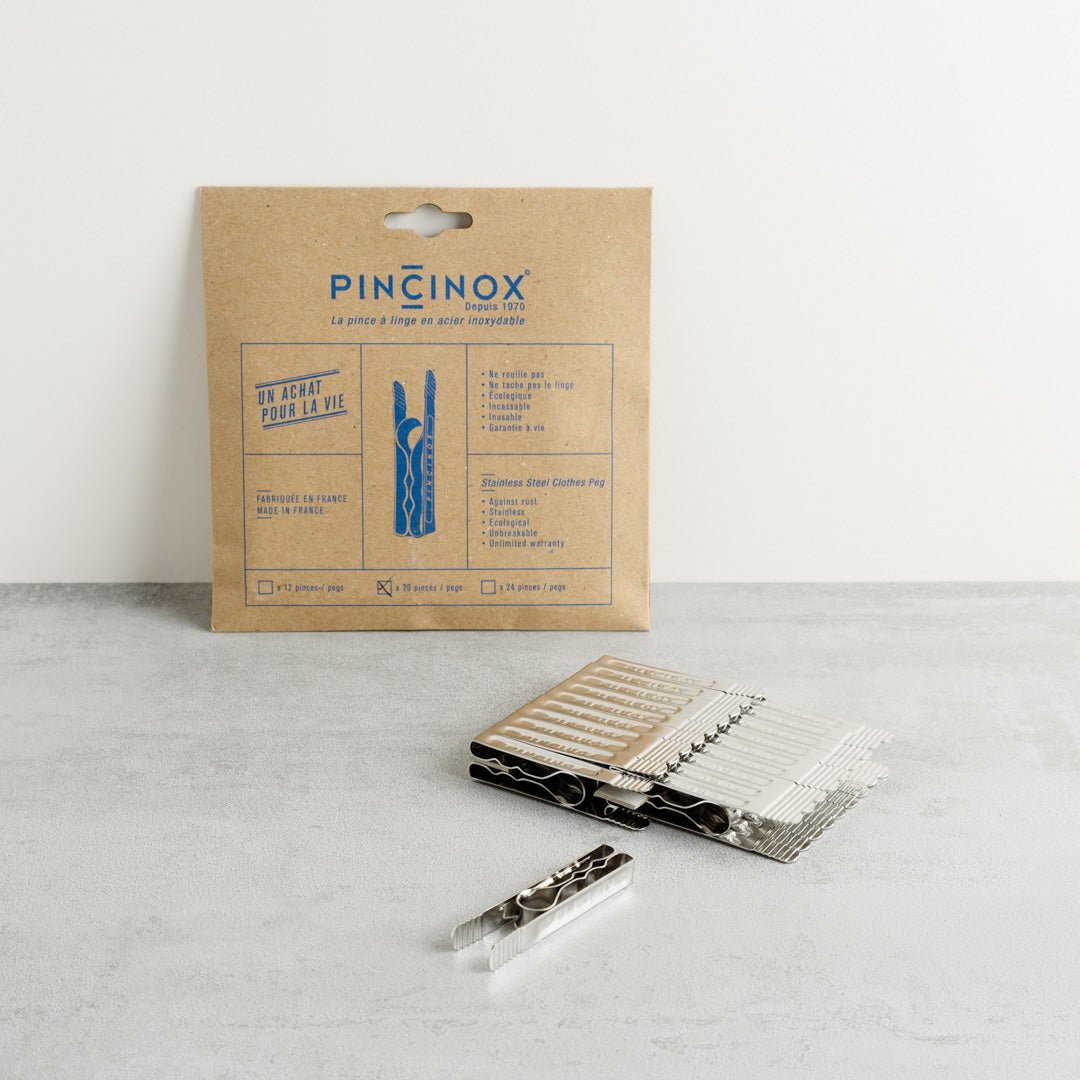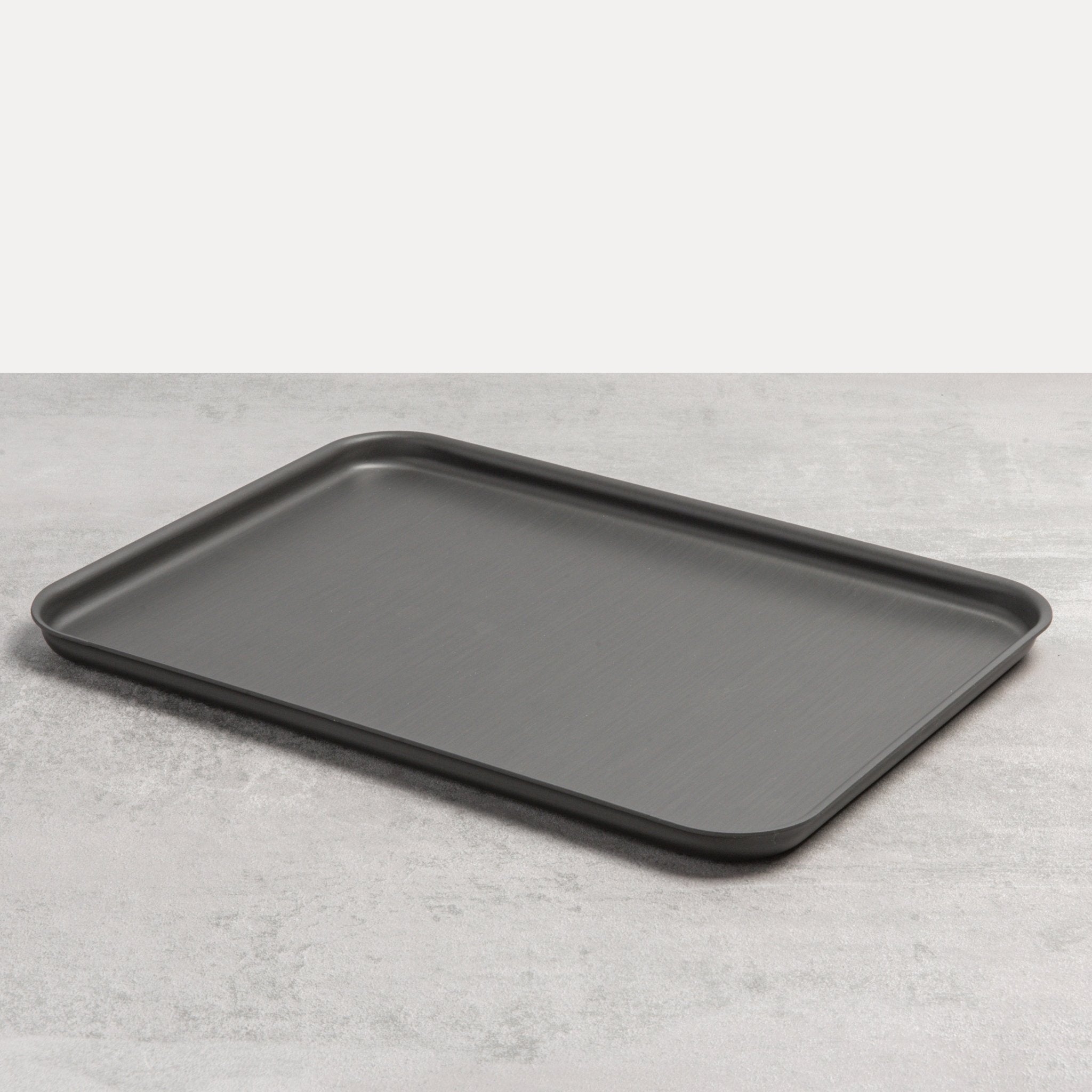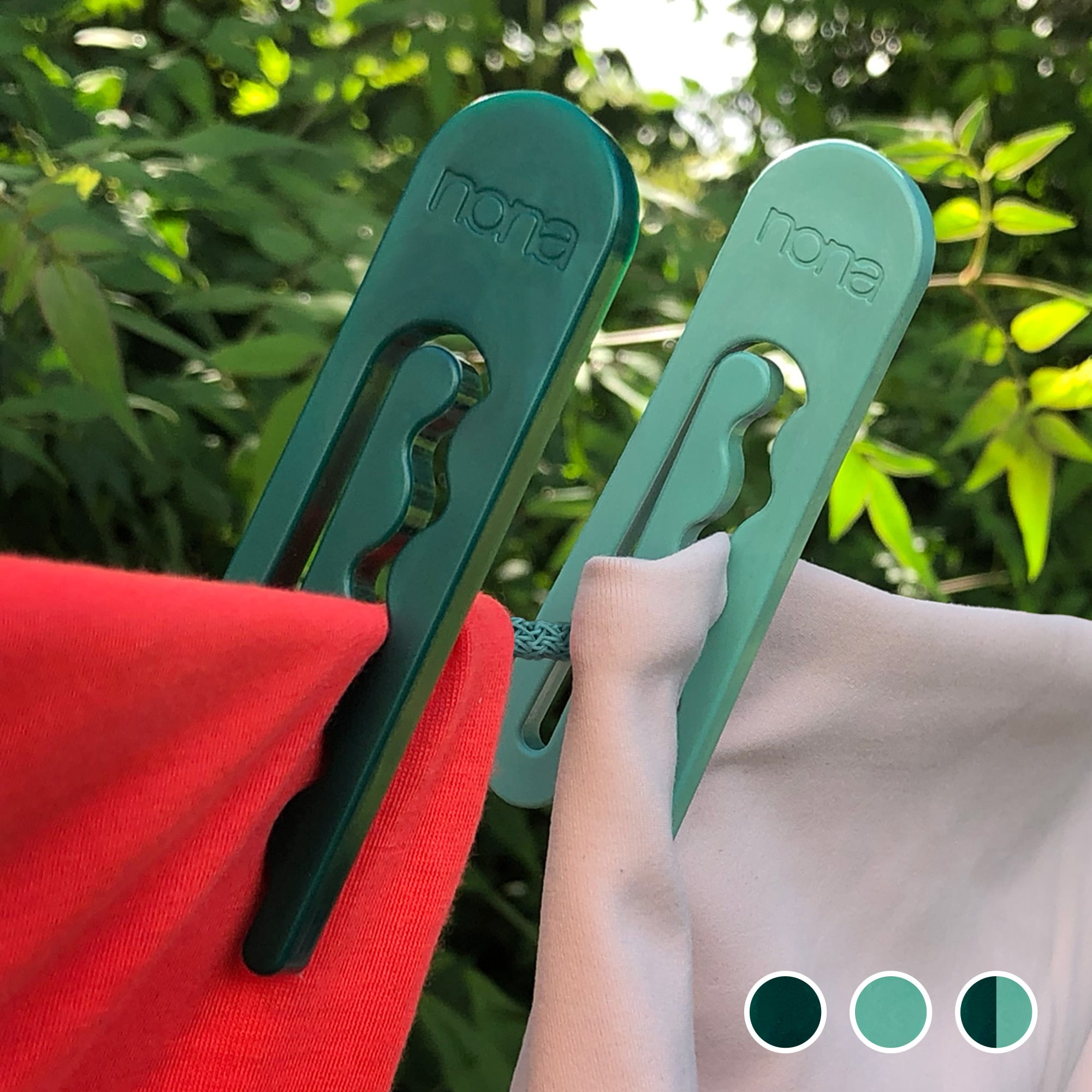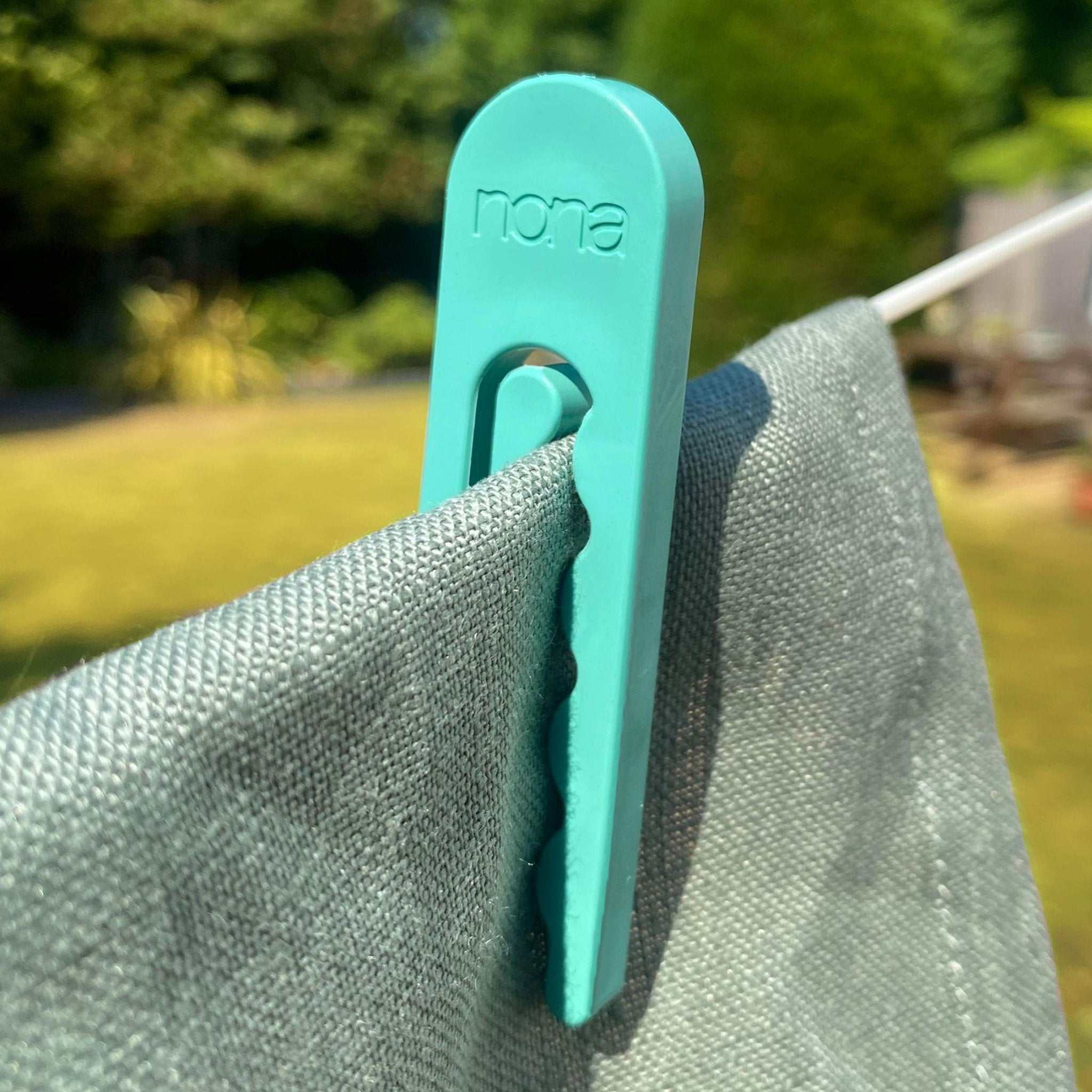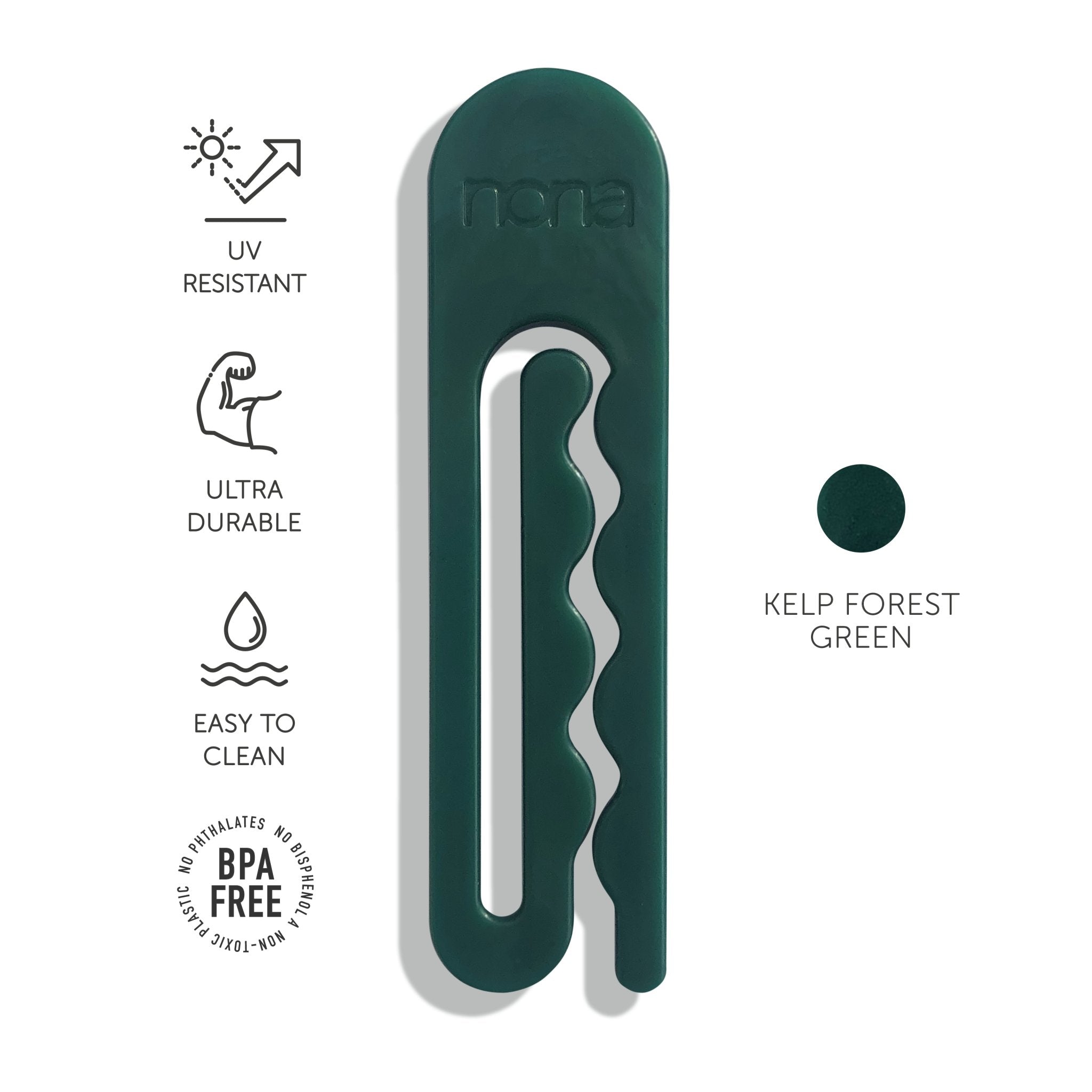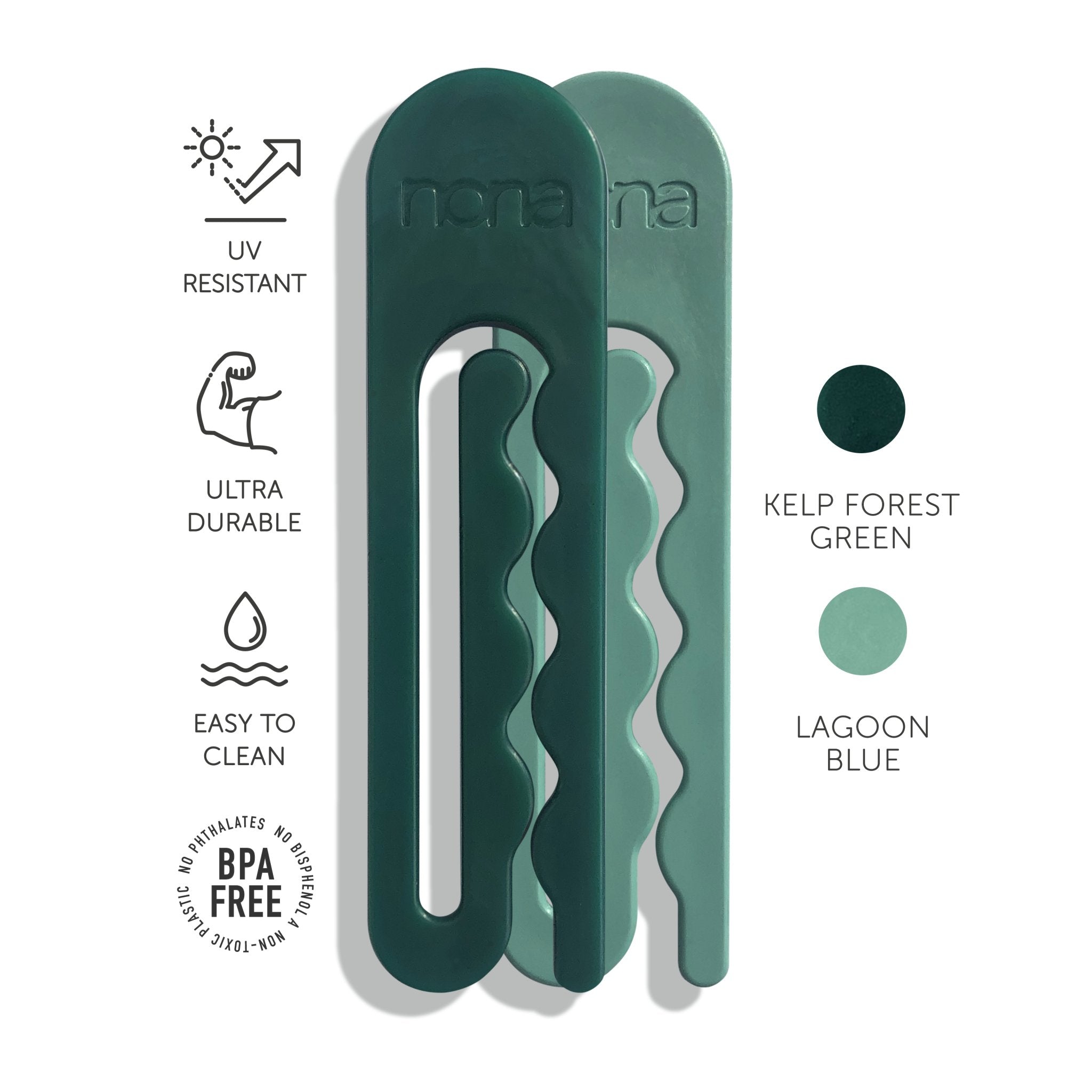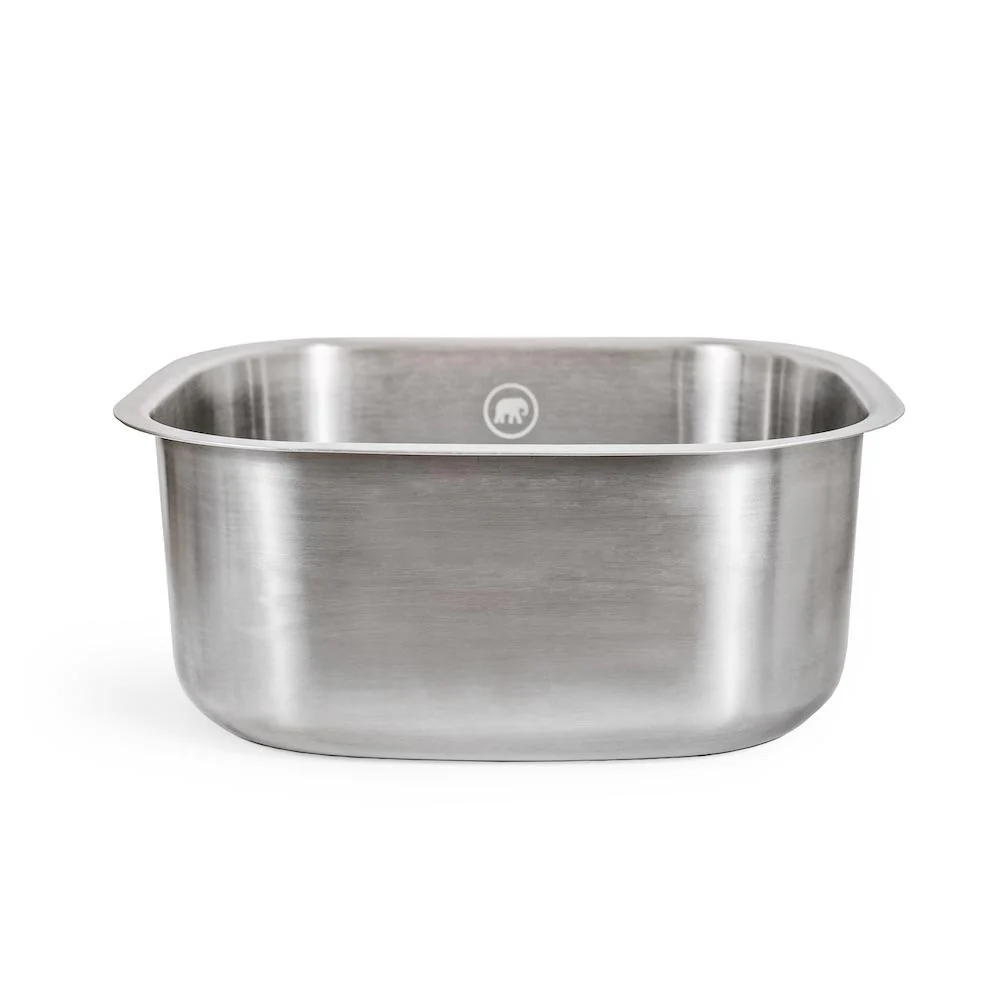There comes a time in every business journey where you have to decide whether to go big or go home. Whether you’re happy for a business to stay small and bring in a cosy income or to continue to set your eyes at something more ambitious.
For me, this decision was made years ago. The day I set out the mission of BuyMeOnce:
To change the way the world shops from short-term buying to long-term buying.
Or in more flowery terms:
To throw away our throwaway culture.
You can’t make this type of global impact with a small “lifestyle” business.

Why is our job to change the way the world shops?
It’s clear now that we cannot rely on the world’s governments to help us solve the terrifying prospects of climate change. I believe businesses need to step in, and it’s the reason BuyMeOnce exists.
Longer lasting products are the most overlooked solution to climate change. A huge amount of focus has been on recycling (which is important, but only deals with a symptom of the sickness). We are hoping to provide a cure to the huge wastefulness that exists in the world today.
It might seem obvious, but most people have not stopped to make the connection that when people keep their products for longer, fewer new products need to be produced and therefore fewer resources and less energy needs to be consumed.
If you extend the life of an average T-shirt by just 9 months, you save 20-30% on CO2, and that’s just a t-shirt lasting a little bit longer.
BuyMeOnce succeeding is so much bigger than having a successful business. When running the business gets tough, it is the mission that keeps me going.
What does it take to scale up?
To take a business from start-up to scale-up, you need a seed round, and we knew we needed around £500k to get to the next level. But raising this sort of money, especially when you haven’t got a background in finance is a real challenge. You have to learn a whole new set of skills – and jargon – and dedicate your time reaching out to people who would prefer you didn’t while keeping the business afloat.
Any entrepreneur will tell you it’s tough. The stakes are high, and you care so much. To fail means that you may have to make the team (your friends) that have supported you on your journey so far redundant. That was unthinkable. On the flip-side, you know there’s so much promise and so much you could do if you had the funds to try. These sticks and carrots kept me working, like so many founders before me, until the wee hours. I was kept sane by my husband, who kept me fed and enforced rest and laptop-free cat stroking time upon me.

The How and the Who
When you raise money for a start-up, there’s a choice of loans, venture capitalists, angels and crowdfunding. We weren’t keen on debt at this stage, so I started to reach out to venture capitalists. However, while many claimed to like the idea, I started to get some rather vague “you’re too early for us” messages back from these VCs.
Around this time, an article came out in the Financial Times, and I discovered the rather depressing stat that less than one percent of venture capitalist money goes to businesses with female founding teams.
When I heard that stat, it made me feel two things:
One, that I really wanted to fight to be that one percent, and two, the more pragmatic feeling that if I’m going to spend my time pushing on a door, pushing on the one that was pushing back might not be the best use of time. Funding is already hard without the odds stacked against you that badly. So I looked to the other options.
Angels and Dragons
I was lucky enough to meet the head of The Green Angel Syndicate, the first group of business angels to focus exclusively on backing green businesses, during an event in our offices at Sustainable Bankside.
Hundreds of companies apply to the Green Angels every year, so it was an honour to be chosen to speak at their event attended by 50 angel investors keen to support green businesses.
Many people fear public speaking, and when the stakes feel so high it can get overwhelming. Mindful breathing, multiple toilet trips and power-poses got me through. The pitch was a success, and in the weeks that followed some of the Green Angels pledged to back us.
As part of this process, they take you through due diligence, which is the bit that feels most like Dragons Den. They ask you difficult questions and you have to show you really know your stuff. It’s common knowledge that many people, women especially, feel a sort of imposter syndrome.
I think I went into that meeting with imposter syndrome – the “will I get away with this?” feeling – and left realising that there was nothing to get away with. I know my business. I know how to improve it and I have the skills to do it. It was quite a moment.

The Right Crowd
At the same time as talking to the Green Angels, we decided to see if the public would like to back us. Unlike VC funds, the crowd has demonstrated it likes to back female founders. In fact, it likes to back them more than men.
This involved a whole new set of rigorous due diligence. While this means the public can be sure they’re receiving a legitimate, evidence-based pitch, the bummer is that this tends to involve you scrambling to get references from old bosses you haven’t spoken to in years.
The day our campaign went live, we started off with a bang – family and friends came in right from the start – and we waited to see how the public would react. The waiting got tense. There were quiet days where a few hundred pounds will trickle in, followed by little flurries of activity. Every time someone invested, I’d get an email and my heart would burn with pride, whether it was £10 or £10,000. This was someone who believes. Someone who trusted us to fulfil what we set out to do.
We hit our minimum 300k target in three weeks, which was a brilliant feeling. The last few days of funding went a bit bonkers – I couldn’t believe it as these large chunks of money started to appear.
Our final tally on Crowdcube was over 500k. Just what we needed.

Looking to the Future
I expected to feel a great sense of relief and relaxation the minute I knew we were funded. And I did, but it was followed up around 9/10ths of a second later by the palpable responsibility that we now have. It is both utterly sobering and fantastically energising.
488 people invested their money and trust in us and we have to deliver.
This means more work, not less, more ideas, more connections, more processes, a bigger team, bigger spreadsheets, bigger headaches, bigger hopes.
Bring it on.
To my team, friends, family and cat, thank you. This couldn’t have happened without you.
For all those of you who invested, thank you. We won’t let you down.
x Tara Button, CEO of BuyMeOnce








